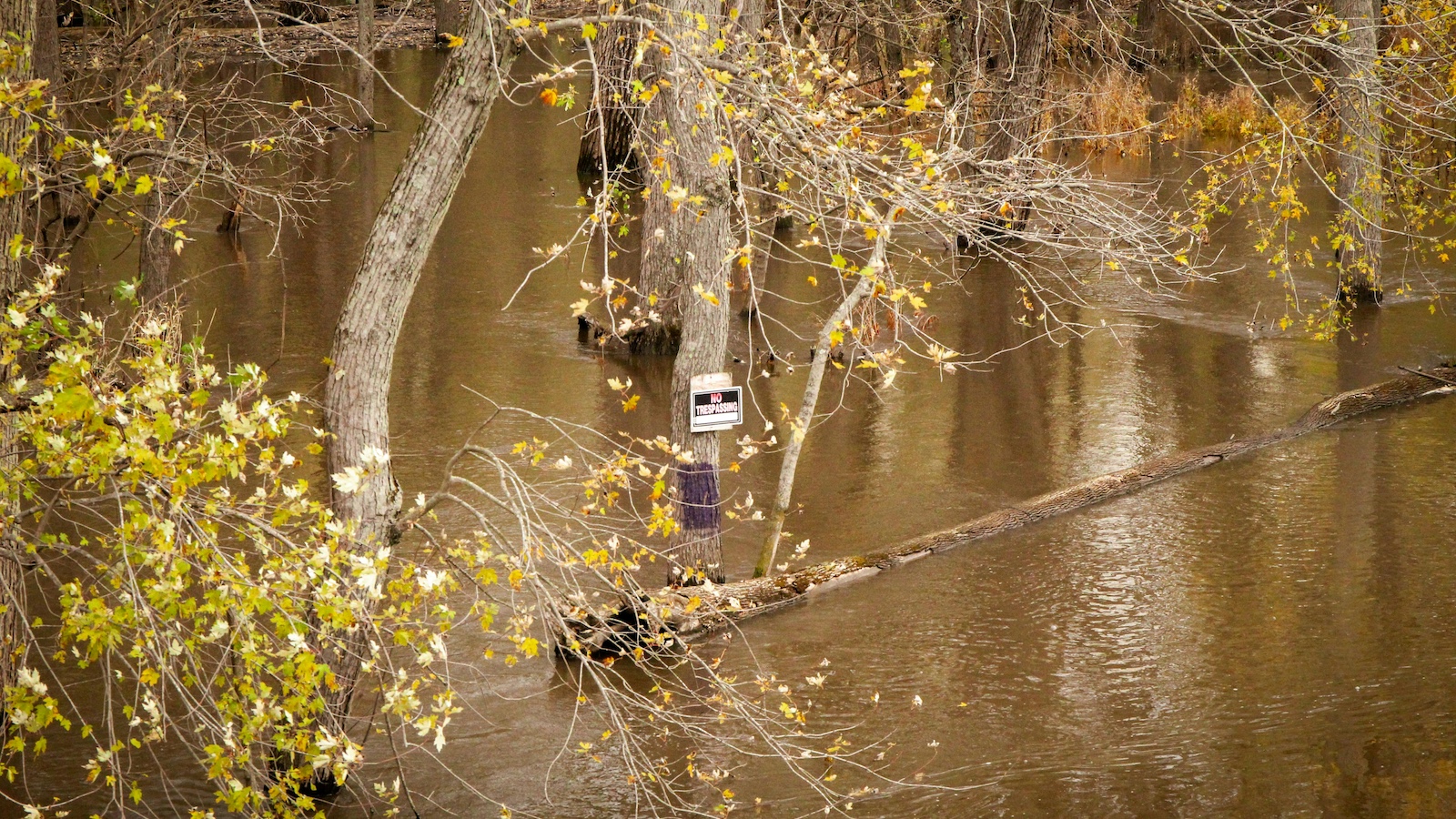The ruling on independent medical review provides nuggets for challenges to the authority of the W.C.A.B. to review medical decisions.
The Third District Court of Appeals has issued its decision in
Ramirez v W.C.A.B., again upholding the constitutionality of the independent medical review (IMR) process for review UR determinations and providing, perhaps, some additional nuggets for potential challenges on the W.C.A.B. decision in Dubon II that concerns the authority of the W.C.A.B. to review medical decisions.
Ramirez is the third in a series of cases where applicant attorneys have attempted to challenge the constitutionality of the IMR process on various ground. In two prior decisions (Stevens v W.C.A.B. and Margaris v W.C.A.B.), different districts of the Courts of Appeal had rejected constitutional challenges to the IMR process based on similar arguments presented by the applicant in this case.
See also: Appellate Court Rules on IMR Timeframes
While the applicant’s arguments in this appeal were somewhat broader than either of the prior appeals, the court’s rejection was just as emphatic. Ramirez’ challenge to IMR was based on multiple arguments:
- He argued the underlying UR was based on an incorrect standard, in effect appealing the UR determination itself to the court. This argument was rejected by the court on the grounds that the attack was at the heart of the determination of medical necessity, a determination that Labor Code 4610.6(c) prohibits the court from making. The court noted the applicant attorney did not argue that the IMR reviewer used in improper standard and that was the only one the court could only review for nonsubstantive reasons as set out in Labor Code 4610.6(h).
- Ramirez also challenged the constitutionality of the IMR process arguing that it violates the separation of powers clause as well as state and federal principles of due process. Both of these arguments were rejected in much the same manner as the court in Stevens rejected a similar argument.
- Ramirez argued that the W.C.A.B. decision in Dubon II, which limited the W.C.A.B.’s authority to review UR determinations to the timeliness of the decisions, was incorrectly decided and that other flaws in the UR process should allow the W.C.A.B. to assume jurisdiction over medical treatment issues. The court specifically rejected the argument that the W.C.A.B. had jurisdiction to review an IMR determination on the ground that the UR determination did not use the Medical treatment utilization schedule (MTUS).
It is on this last point the court’s language becomes interesting. The court reviewed the history of the Dubon decisions and the progression from an expansive view of the W.C.A.B.’s authority to the much narrower result in Dubon II that limits the W.C.A.B.’s authority to review only timeliness. The court does note that in Dubon II, where a UR determination is late, the W.C.A.B. could determine the medical necessity for the proposed treatment. After review the W.C.A.B.’s decision and Cal Code Regs Tit 8 §10451.2 the Court goes on to state:
“To the extent the Board has any jurisdiction to review a utilization review as provided by this regulation, it has jurisdiction only over nonmedical issues such as timeliness of the utilization review as stated in the Final Statement of Reasons and Dubon II. We are not presented with a nonmedical issue. Any question that has the effect of assessing medical necessity is a medical question to be conducted by a qualified medical professional by way of independent medical review. (§ 4610.6, subd. (i) [“In no event shall a workers’ compensation administrative law judge, the appeals board, or any higher court make a determination of medical necessity contrary to the determination of the independent medical review organization.”].) Whether the utilization reviewer correctly followed the medical treatment utilization schedule is a question directly related to medical necessity, and is reviewable only by independent medical review.”
While the court does not specifically indicate the W.C.A.B. was incorrect in Dubon II in its ruling that an untimely UR determination vests jurisdiction with the W.C.A.B. on medical issues; the above language certainly (at least) infers that any medical determination is beyond the W.C.A.B.’s authority. In the instant case, the court held there was
not a basis to challenge the UR decision as it was timely and the other issues were not subject to W.C.A.B. review. The bolded language in the above quote certainly provides food for thought and perhaps some additional basis to challenge the W.C.A.B.’s holding in Dubon II, which, so far, has not been given a serious challenge at the appellate level.
See also: IMR Practices May Be Legal, Yet…
Comments and Conclusions:
That this court essentially followed the logic and reasoning of the prior appellate cases on this issue certainly suggests the options for challenging the IMR process are rapidly closing. While there are still a couple of additional challenges pending in the appellate courts (Zuniga in the first district challenging on one of the issues raised here — that the limitation on disclosure of the IMR doctor prohibited the applicant’s ability to challenge the doctor on bias, conflict of interest, etc. — and the Southard and Baker cases addressing the issue of late IMR as valid IMR as previously addressed in the negative in Margaris), so far the appellate courts have shown little interest in challenging the legislature’s authority to create and mold the workers’ compensation system.
As one who has consistently believed the W.C.A.B. exceeded its jurisdiction in deciding it could address medical issues in Dubon II in spite of the strongly stated legislative purpose prohibiting exactly that conduct, I am cautiously optimistic that someone will challenge that decision; even the W.C.A.B. might have second thoughts about maintaining its ability to decide medical issues.








